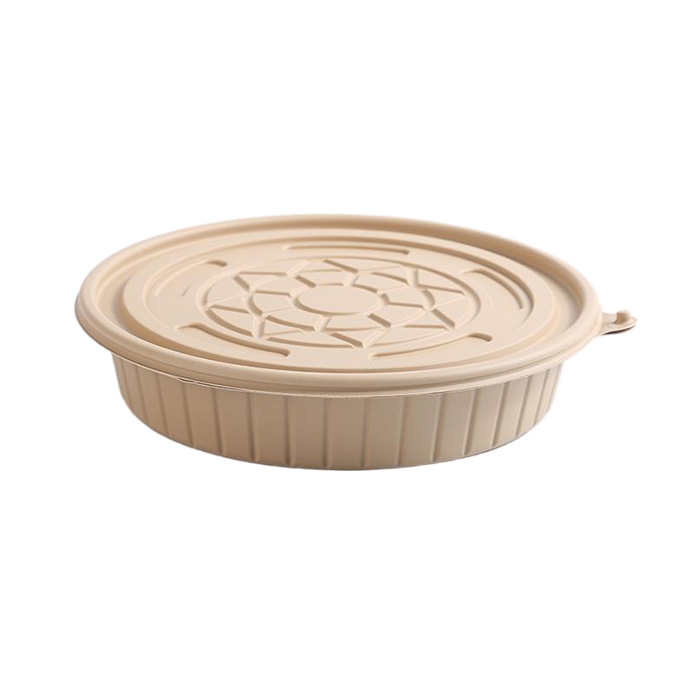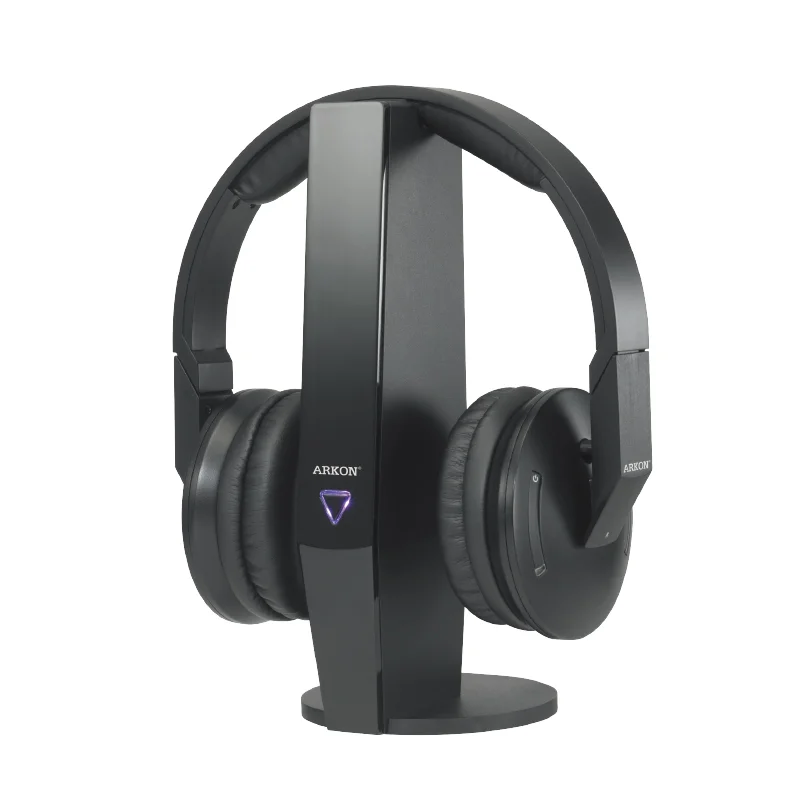When it comes to athletic apparel, Nike stands as a titan in the industry, renowned for its innovative designs and cutting-edge materials. But what exactly goes into the shirts that athletes and fitness enthusiasts alike wear? Understanding the materials used in Nike shirts not only enhances our appreciation of the brand but also informs our choices as consumers. This article delves into the various materials Nike employs, their benefits, and how they contribute to performance, sustainability, and comfort.
- The Core Materials: Polyester and Cotton Blends
At the heart of many Nike shirts is polyester, a synthetic fabric known for its durability, moisture-wicking properties, and lightweight feel. Polyester fibers are engineered to draw sweat away from the body, allowing for quick evaporation and keeping athletes dry during intense workouts. This is particularly crucial for performance shirts designed for running, training, and other high-intensity sports.
In addition to polyester, Nike often incorporates cotton into its blends. While cotton is celebrated for its softness and breathability, it can retain moisture, which is not ideal for high-performance activities. However, Nike has developed innovative cotton blends that combine the best of both worlds—offering the comfort of cotton while enhancing moisture management through the inclusion of polyester. This results in shirts that feel soft against the skin yet perform well in active environments.
- Advanced Technologies: Dri-FIT and Beyond
One of Nike's hallmark technologies is Dri-FIT, a proprietary fabric designed to wick moisture away from the skin. Dri-FIT shirts are engineered with microfibers that create a capillary action, pulling sweat away from the body and allowing it to evaporate quickly. This technology is particularly beneficial for athletes who engage in prolonged physical activity, as it helps regulate body temperature and maintain comfort.
In addition to Dri-FIT, Nike has introduced other advanced materials such as Nike Pro and Nike Shield. Nike Pro is designed for base layers, providing a snug fit that supports muscle movement while enhancing breathability. Nike Shield, on the other hand, is engineered for weather resistance, making it ideal for outdoor training in adverse conditions. These technologies showcase Nike's commitment to pushing the boundaries of fabric innovation.
- Sustainability: Eco-Friendly Materials
As environmental concerns continue to rise, Nike has made significant strides in incorporating sustainable materials into its product lines. The brand has committed to using recycled polyester, derived from plastic bottles and other post-consumer waste. This not only reduces the environmental impact of production but also aligns with the growing consumer demand for eco-friendly products.
Nike's Move to Zero initiative aims to achieve zero carbon and zero waste, and the use of sustainable materials is a crucial component of this vision. By integrating recycled materials into their shirts, Nike not only enhances the performance of their products but also contributes to a more sustainable future.
- The Role of Innovation in Material Development
Nike's dedication to innovation extends beyond just the materials themselves; it encompasses the entire design and manufacturing process. The brand invests heavily in research and development to create fabrics that meet the evolving needs of athletes. This includes exploring new fibers, weaving techniques, and finishing processes that enhance performance characteristics.
For instance, Nike has experimented with 3D knitting technology, which allows for seamless construction and targeted ventilation in shirts. This not only improves comfort but also reduces waste during production. Such innovations demonstrate Nike's commitment to staying at the forefront of athletic apparel technology.
- Conclusion: Choosing the Right Nike Shirt for Your Needs
When selecting a Nike shirt, it's essential to consider the specific materials and technologies that align with your activities and preferences. Whether you prioritize moisture management, comfort, or sustainability, Nike offers a diverse range of options to suit various needs.





